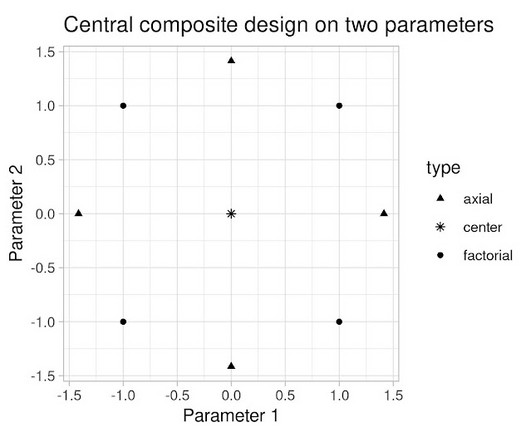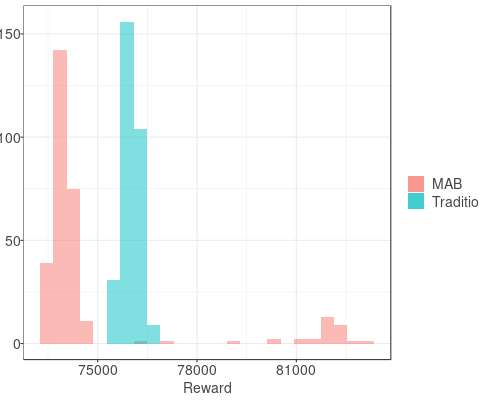What are decision support systems? Sifting data for better business decisions
CIO Business Intelligence
NOVEMBER 14, 2022
A DSS supports the management, operations, and planning levels of an organization in making better decisions by assessing the significance of uncertainties and the tradeoffs involved in making one decision over another. According to Gartner, the goal is to design, model, align, execute, monitor, and tune decision models and processes.















Let's personalize your content